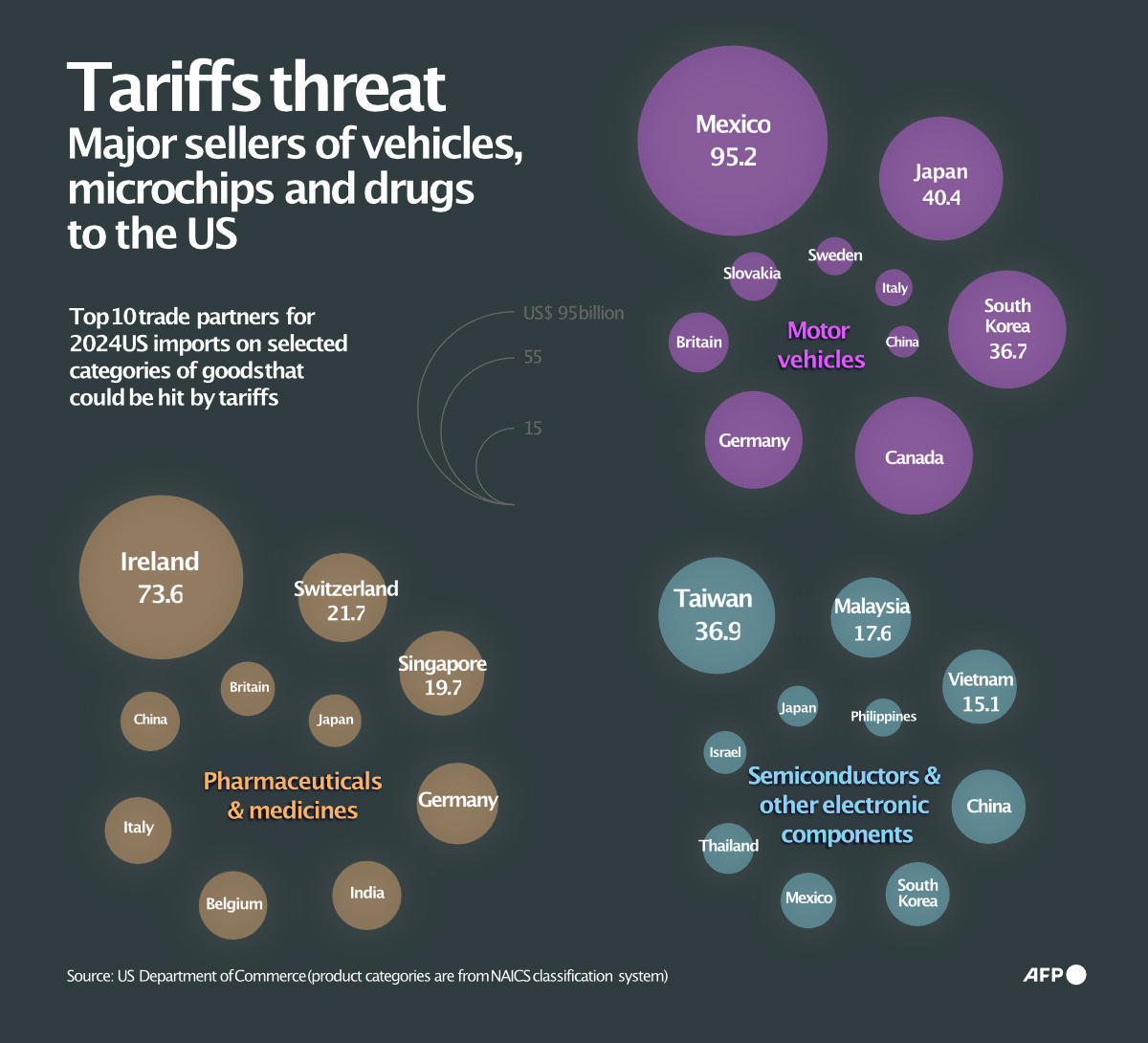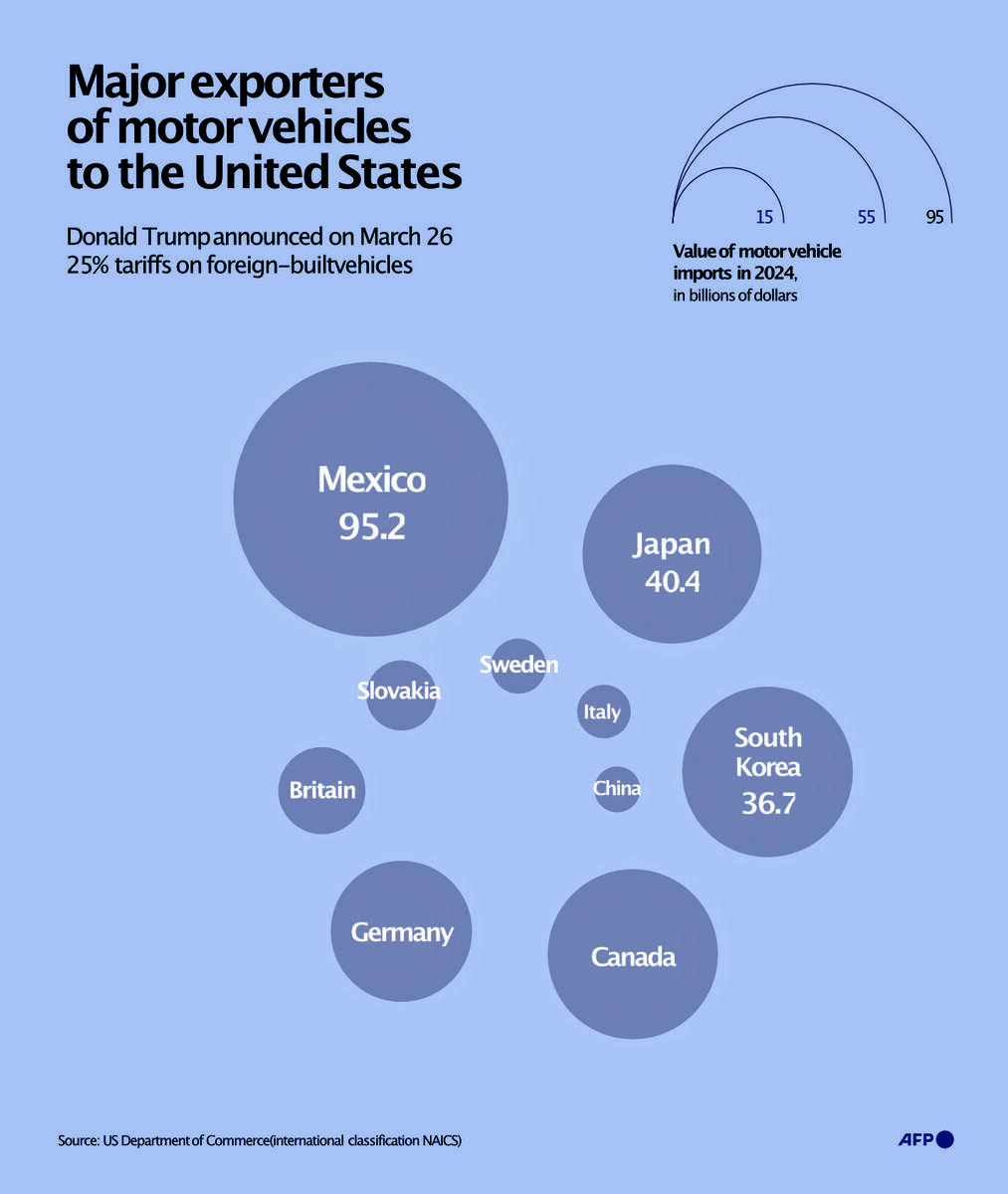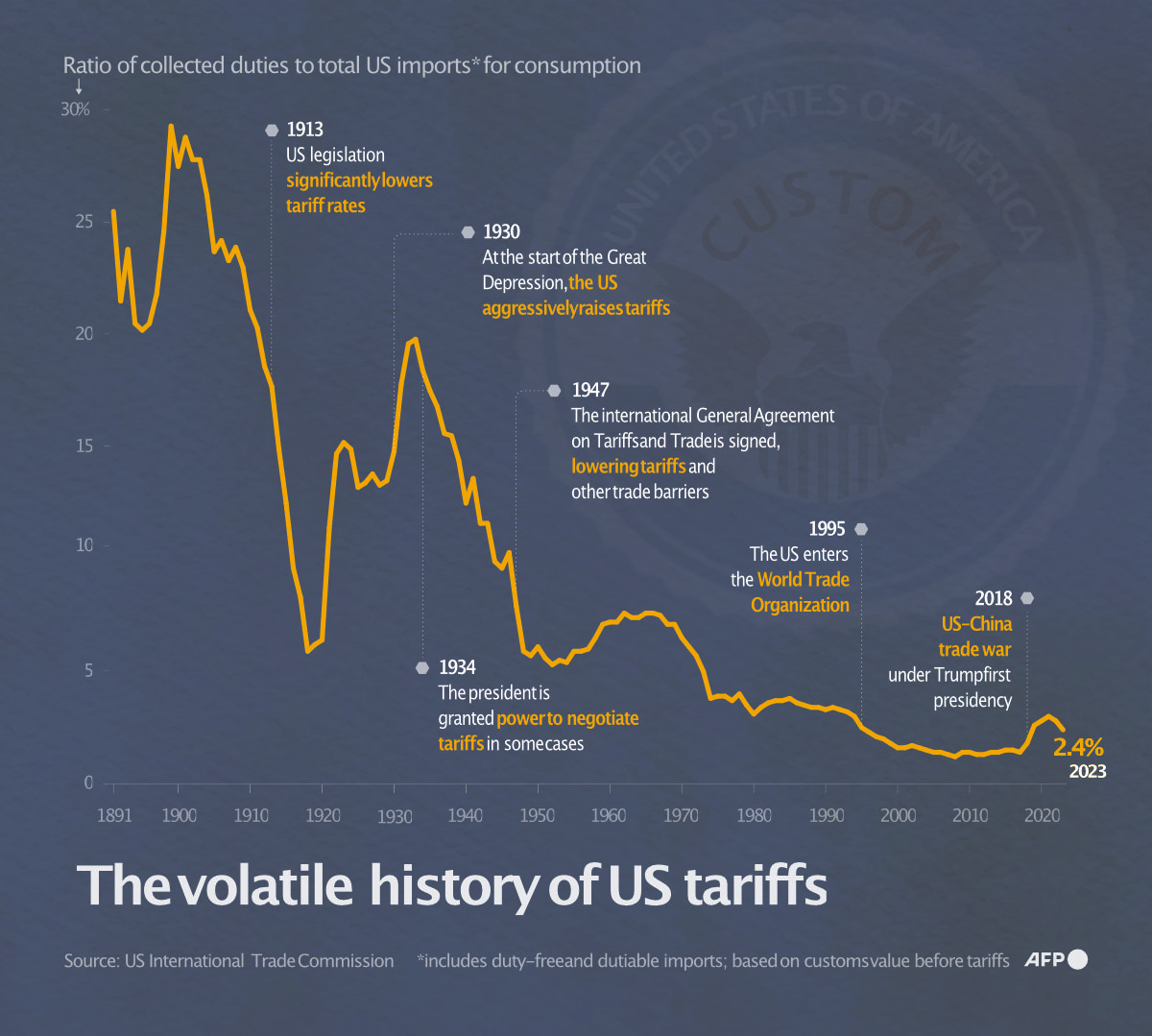LONDON: A Holocaust survivor was questioned by police after laying flowers in London’s Trafalgar Square to commemorate Palestinians killed in Gaza.
Stephen Kapos, 87, took part in a demonstration in the UK capital on Jan. 18. He was among nine people later questioned by the Metropolitan Police, after 77 others were arrested in what critics say was an example of “repressive and heavy-handed policing.”
Kapos survived the Holocaust after Nazi Germany occupied his home country of Hungary. He lived in hiding in Budapest as a child, losing his mother in the process. His father was imprisoned in the notorious Bergen-Belsen concentration camp.
After questioning by police, Kapos told The Independent that he was “proud” to demonstrate in support of the Palestinian people, adding that members of his family accompanied him on protests.
Speaking outside Charing Cross Police Station in central London, he said he wanted to dispel ideas that “there is solid support from all Jews” for Israel’s actions.
“The sort of killing that’s going on, it’s unbearable to watch and one wonders where it’s leading to because there is no defence to speak of. They are defenceless people out in the open,” Kapos, surrounded by supporters including other Holocaust survivors and their relatives, told The Independent.
“Their homes have been bombed to smithereens and they are in tents and now they are going to be bombed.
“It’s unbearable and I don’t understand how the world can stand it. And, I’m ashamed of our government and everybody else who facilitates it and enables it.”
Kapos called for the UK government to condemn Israel and immediately suspend military contracts with the country.
“They should at the very minimum condemn Israel’s actions, which they don’t do, and immediately stop all supplies of armaments and any other logistical and information support that they do give,” he said.
“All that should be stopped immediately because there’s no doubt about this being an atrocity and international crime, what’s going on, what’s perpetrated by Israel. So, how can you hesitate in the face of that?”
Kapos added that protesting would “make it clear that all this will have electoral consequences” for the UK government, stressing that marches in support of the Palestinians “are not hate marches” and “are not no-go areas for Jews, which is again claimed.”
Dr. Agnes Kory, another Holocaust survivor who stood with Kapos, said: “In the name of a Holocaust survivor, which is me, and a Holocaust researcher, which is also me, I say no, not in our names, and I have to be at the forefront of peace for Palestine movements.”
Mark Etkind, co-organizer of Holocaust Survivors and Descendants Against the Gaza Genocide, described the behavior of the Metropolitan Police as “terrifying, not just for the Palestine movement, but for anyone who wants to protest and believes in British democracy.”
The Metropolitan Police did not disclose why Kapos had been questioned, and said protesters were detained at the march on Jan. 18 for a breach of the Public Order Act.
A group of more than 50 politicians, trade unionists and lawyers wrote to Home Secretary Yvette Cooper in the aftermath of the 77 arrests to complain about the behavior of the police.
Another group of around 40 Holocaust survivors wrote an open letter condemning the treatment of Kapos.
“Any repression of the right to protest is bad enough — but to persecute a Jewish 87-year-old whose Holocaust experiences compel him to speak out against the Gaza genocide, is quite appalling,” the group said.




























